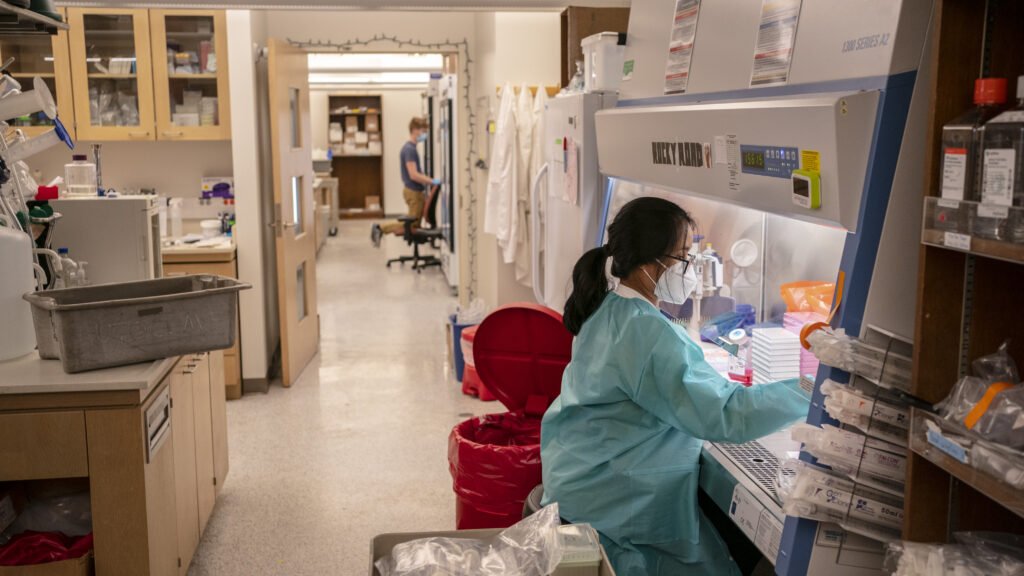The recent announcement from the National Institutes of Health regarding a significant cut in support for indirect research costs has sent shockwaves through the academic community. The decision to reduce overhead costs covered by grants from 50% to 15% has left researchers and institutions concerned about the impact on scientific progress.
Indirect research costs, often referred to as overhead, are essential for universities, medical centers, and other grant recipients to cover expenses associated with conducting research. These costs include administrative expenses, facility maintenance, and other operational costs that are necessary for the successful completion of research projects.
The sudden policy change has raised questions about how these costs are managed and funded by the federal government across various research sites. Many academics rely on these funds to support their research activities, and the drastic reduction in support could have far-reaching implications for the scientific community.
As researchers grapple with the implications of the new policy, there is a growing sense of uncertainty and concern about the future of scientific research in the United States. The decision to slash indirect research costs has the potential to disrupt ongoing projects, limit the ability to attract top talent, and hinder the overall progress of scientific discovery.
In order to navigate these challenges, researchers and institutions will need to find alternative sources of funding, explore cost-saving measures, and advocate for policies that support the essential work of the scientific community. It is crucial for stakeholders to come together to address these issues and ensure that scientific research continues to thrive in the face of adversity.
As the scientific community adapts to these changes, it is important to stay informed and engaged with the evolving landscape of research funding. By working together and advocating for the resources needed to support groundbreaking research, we can overcome these challenges and continue to push the boundaries of scientific knowledge.


